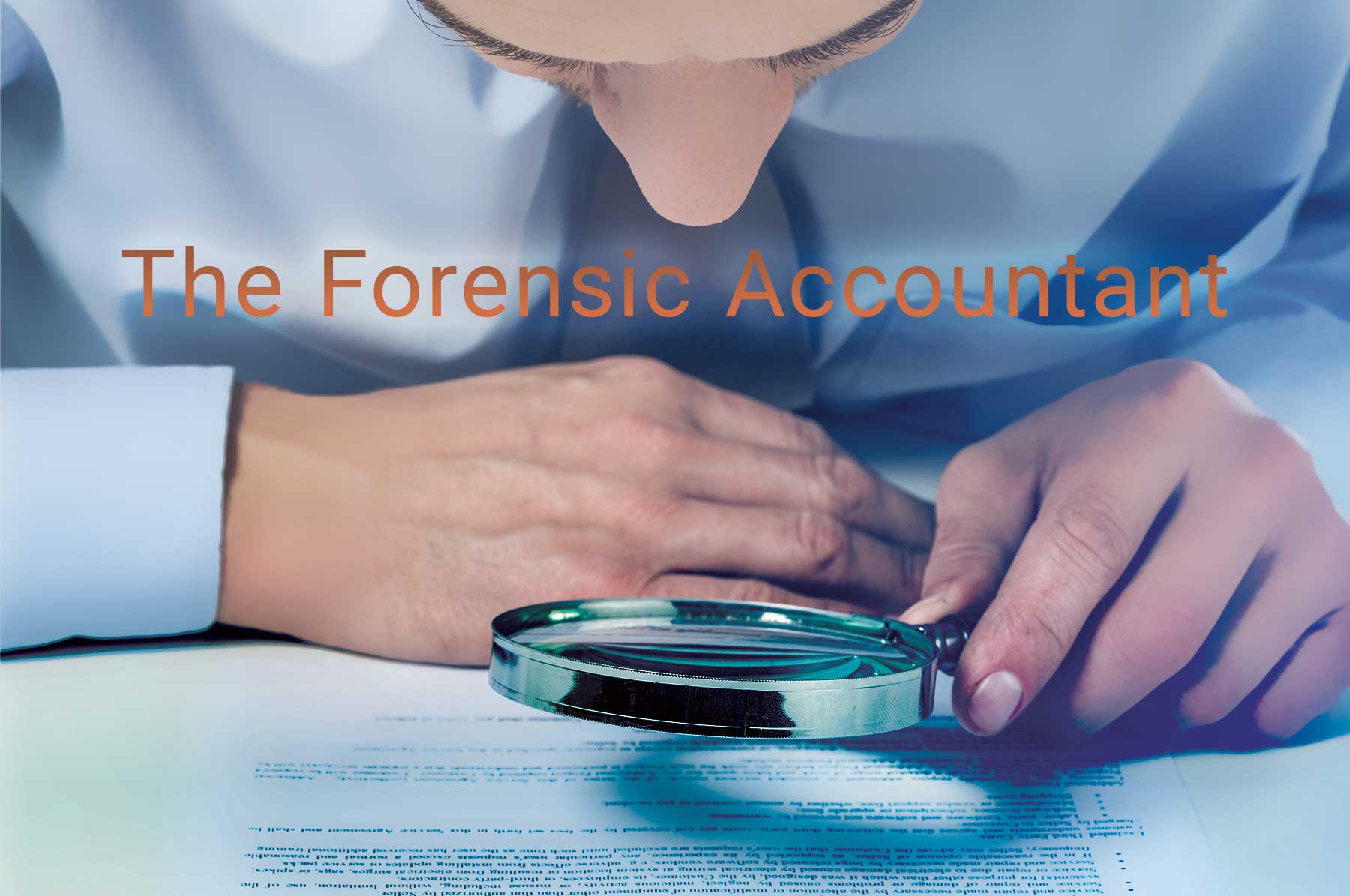
Employee Theft and Embezzlement
What A Forensic Accountant Would Do To Decrease Claims
by Anne Renna
In combating fraud in the workplace, internal controls are the best defense. With strong internal controls (i.e., policies and procedures) in place, a business can reduce the risk of loss to a low level. This means that if the internal controls do not prevent a theft scheme, the scheme will at least be uncovered in its early stages. Since perpetrators typically accelerate the frequency and/or dollar amount of individual fraudulent transactions, the dollar amount of losses, if not caught early, can quickly mount.
According to the Association of Certified Fraud Examiners 2018 Global Fraud Study entitled "Report to the Nations''. the presence of anti-fraud internal controls significantly reduces the duration of the fraud which in-turn reduces the amount of loss. In the Study, specific anti-fraud controls reduced the fraud duration, on average, by 46%.
Understanding the Behavior
During the recent economic downturn, many people, after learning that I am a fraud investigator, said to me ''You must be really busy right now", implying that employees only steal during bad economic times because of financial pressures that result. The truth is that workplace embezzlements and fraud occur in good times and bad. The one thing that does happen during economic downturns, however, is that employers tend to scrutinize expenses, financial results or anomalies in the accounts so more theft scenarios are uncovered in bad times.
This leads to the question as to what makes employees steal from their employer. While financial pressure can be a root cause. there is a more powerful attribute and that attribute is "entitlement". This can come about from not getting a promotion, not getting a big enough raise or bonus, working excessive overtime or not feeling appreciated by their boss. It can be a true grievance or a grievance believed by the employee only. Usually, this will result in a negative attitude by the employee with comments being made to other employees about this "unfairness".
Another fact about fraudulent behavior is that after initiating one fraud or embezzlement transaction, it will become an addiction. Thus, the employee will not stop until they are eventually caught. That is why recognizing "red flags" early on is so important. A vast majority of embezzlements or fraud scenarios have "red flags". According to the Association of Certified Fraud Examiners 2018 Global Fraud Study entitled "Report to the Nations'; 85% of the fraud perpetrators in the study displayed at least one behavioral red flag.Typically, most policyholders do not recognize them. So here are the more common ones:
- Entitlement Attitude
- Living beyond their means (usually includes expensive automobiles)
- Financial pressure
- Divorce, family problems
- Gambling, drug or other addictions
Internal Controls
Insurance policy sections dealing with embezzlements typically have language that requires the policyholder to have "customary business controls" or "customary internal accounting controls". This language is vital because without some level of controls, businesses have elevated workplace fraud to a very high risk level and have left the door wide open for fraud and tbeft scenarios to occur.
You might ask, if businesses typically have some level of internal controls why does so much fraud occur. Reasons include: management override of existing controls, collusion among several employees, a lack of proper oversight or review, not paying attention to anomalies in the accounting data and "red flags" not recognized.
What Reduces the Risk
If I had to select t\.Yo key internal accounting controls that a sizeable business should have but is often overlooked - it would be the following:
- The accounts payable staff who enter invoices into the payable system for payment are restricted from entering new vendors into the payable system or to make changes on existing vendors (such as, changing the address).
- When checks are generated, they should not be returned to the person who initiated the payment request.
In addition to the two accounting controls mentioned in the previous paragraph, there are many other anti-fraud controls that can reduce the risk of fraud for a minimal cost, if any, to the policyholder. (Premium discounts are possibly an option that could incentivize policyholders to adopt them.) Some of these are:
- Maintenance of an anonymous telephone hotline. Studies show that it is very important that the hotline be anonymous otherwise employees will not use them. Using an outside company to monitor such calls helps reassure that the hotline is truly anonymous. A good practice is that the telephone number be posted on the company web-site in addition to the employee directory. Publicly-traded companies in the United States are required to have a fraud hotline.
- Drug testing on new hires.
- A zero-tolerance policy (and such policy is enforced) relative to employee theft and stated in the employee manual.
- A background check for personal bankruptcy on new hires who will have access to cash or inventory, will process accounts payable, will have involvment with Company credit cards or those who prepare bank reconciliations.
- An accounts payable policy that requires a vendor to have a street address (no P.O. Boxes only).
- An accounts payable policy that requires verification of a vendor's change of address and such change be received in hard copy only (no telephone calls, emails or faxes).
- Security cameras at loading and receiving docks - although this cost is likely more than minimal.
- Security cages for small, high dollar parts or inventory with restricted access.
Additionally, high risk areas needing specific anti-fraud controls are:
- Businesses that accept cash.
- Fleet maintenance departments (theft of high dollar parts is at high risk). Businesses with heavy procurement activities, such as grocery and other retail (bribes and kick-backs to buyers is at high risk).
Finally, I would also recommend that carriers conduct live seminars or provide video or booklets to policyholders regarding workplace "red flags" and key internal controls in an effort to prevent or discover a fraud scenario in its early stages. Alternatively, a carrier could provide a hotline for questions or concerns with a representative or consultant providing guidance to assist in identifying if the issue could be an embezzlement or fraud. I have had many clients tell me, after a fraud discovery, that "something didn't seem right but we just didn't know what to do."

Author: Anne Renna, CPA, CFE, CFF
Anne Renna is a CPA, Certified Fraud Examiner and is Certified in Financial Forensics. She has been a licensed CPA in California for over 35 years. Ms. Renna has given presentations on Fraud to professional organizations and has taught Fraud Awareness Training to Corporations.
Anne started her career as an auditor with a Big 4 accounting firm (KPMG) where she served for 15 years and achieved the level of Senior Manager. Anne now maintains her own consulting practice in Santa Monica where she focuses on forensic accounting, fraud investigations and internal accounting controls. She has testified as an accounting expert witness in Federal and California courts.
Anne has a Masters degree in accounting from USC and a Bachelors degree in accounting from California State University at Northridge.
The Landy Agency is a national leader in providing non-medical, professional liability and cybercrime insurance for accountants, attorneys, and real estate professionals. John Torvi can be reached at 781‐292‐5417 or johnt@landy.com. Visit www.landy.com for more information.
If you are an insurance producer looking to register with us or obtain coverage for your client, please visit Partner Resource Center for information.
